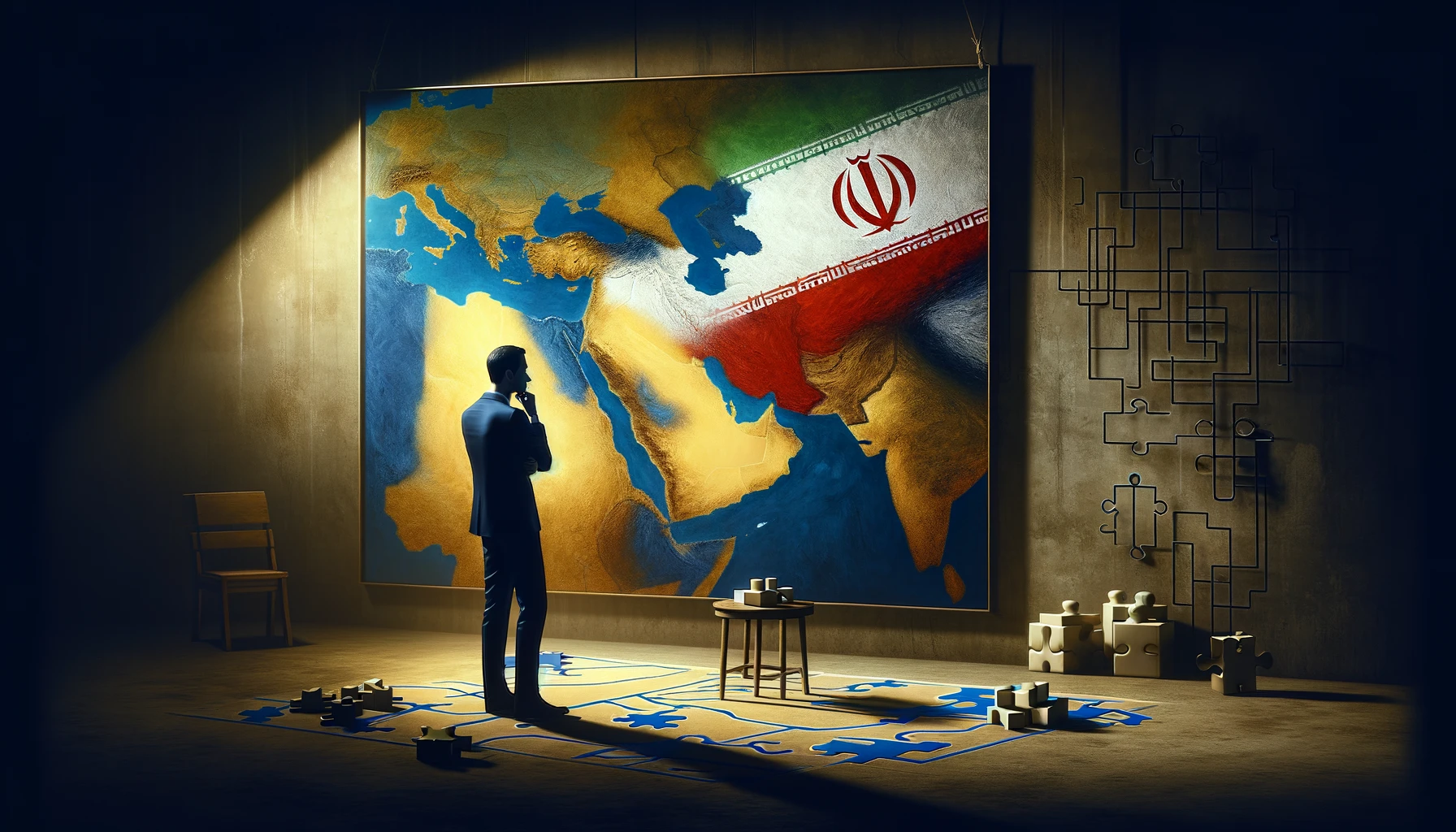What Netanyahu is actually concerned about
Written 4 March 2015

According to several websites, Benjamin Netanyahu is a genius with an IQ of 180. Of course, such a guess is imprecise without an actual copy of the test results, not to mention the questioned merits of trying to measure intelligence. There is no doubt that a man with an architecture degree from MIT is most likely very intelligent. We can thus assume that Netanyahu is intelligent enough to know that Iran is highly unlikely to make a nuclear weapon anytime soon. This would go completely against what Iran’s current goal in the international forum is: to reduce sanctions and diversify its oil and gas sales (which are being sold mainly to China and India at a loss). Instead, what he is actually concerned about is the growing influence of Iran in the Middle East.
Iran has been sending its best warrior, Qasem Soleimani, to Iraq and Syria to help these regimes fight the Islamic State (ISIS) and the Free Syrian Army. He has been very successful in his campaigns, as evidenced by the Qusayr offensive, whereby he managed to convince Hezbollah and the Syrian Army to take the strategic Syrian town of al-Qusayr, thereby linking Damascus with the Syrian coastline region, Bashar al-Assad’s main base of support. He has also been successful in Iraq, whose takeover of many Shia militias (including the Badr Brigades) blunted the ISIS expansion into the Iraqi heartland. Indeed, Soleimani is regarded as one of the most powerful men in Iraq, but he is not even Iraqi. With a weakening of ISIS (see my previous article) Soleimani’s — or more importantly for Israel — Iranian influence will only increase in the heartland areas of the Middle East.
Another major region which is not being discussed (not unusual for the country) is Yemen. The Houthis only a month ago took over Sanaa, Yemen’s capital, and essentially took over the country (with government loyalists and al-Qaeda also controlling less significant territory). The Houthis are followers of the Zaidi sect of Shia Islam, and have been known to receive aid from Iran, both in the form of military equipment and Quds Force involvement. I thought that with Saudi unwillingness to reduce the oil supply glut and decrease oil prices that Iran would react in some way to pressure Saudi Arabia. Well now they have, and there is a hostile force in control of Saudi Arabia’s southern neighbor. Yemen could now serve as a base for Iran to stir up Shia sentiment in Saudi Arabia, if it feels the need to. The Saudis have been checked and any new moves from them would have to be taken with serious consideration.
It is clear why Saudi Arabia is concerned about Yemen, but why would Israel be concerned? The answer is simple if you look at the map of the Middle East. The Bab-el-Mandeb, the strait connecting the Red Sea to the Indian Ocean is only 25 miles wide. Now the Iranians can cut off two of the world’s major shipping chokepoints: the Strait of Hormuz and the Bab-el-Mandeb. While Iran would never do such a thing unprovoked, if tensions were to stir up with Israel, the latter’s access to its most vital strategic partner in Asia — India — would be seriously jeopardized.
A look at the map will gauge Iran’s current sphere of influence. (Green = Iran influence)
It is not only Netanyahu who is concerned but also Saudi Arabia, as shown by its decision to sustain the oil supply glut. Iran has been moving quietly in the Middle East when the world’s focus is on ISIS. Iran correctly believes that ISIS will fade away and leave behind a power vacuum which it is ready to fill — again, read my previous article (=. Iran has been positioning itself carefully in the past year, in ways which could be very threatening to Israel. One should also keep in mind Hezbollah and Hamas, both of which are supported by Iran and border Israel. Indeed, Hezbollah clashed with IDF forces just recently. All of these reasons suggest that Netanyahu’s main concern is Iran’s growing influence in the Middle East, not nuclear weapons.